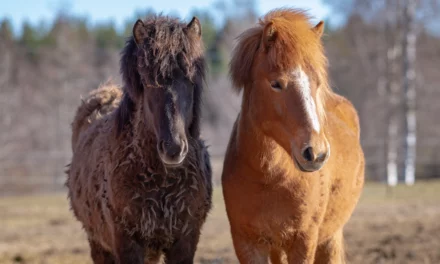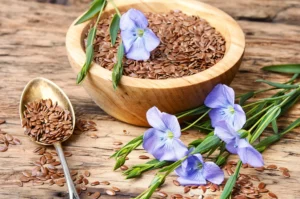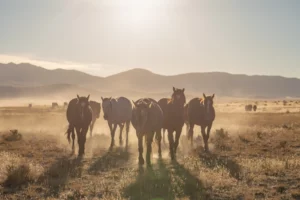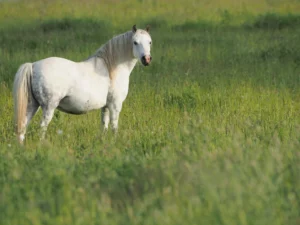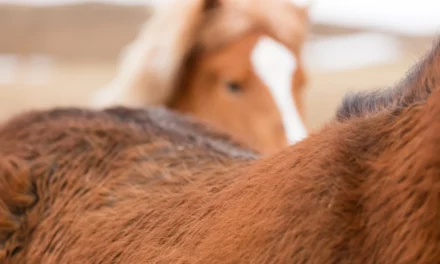
Fit through spring shedding season
Reading Time: 6 minutes The first horses are already starting to shed their winter coats in preparation for spring. During this period, it is especially important to support the horse’s detoxification organs, namely the liver and kidneys. A 6-week course of detox herbs aids the horse in better managing its overloaded protein metabolism and,




